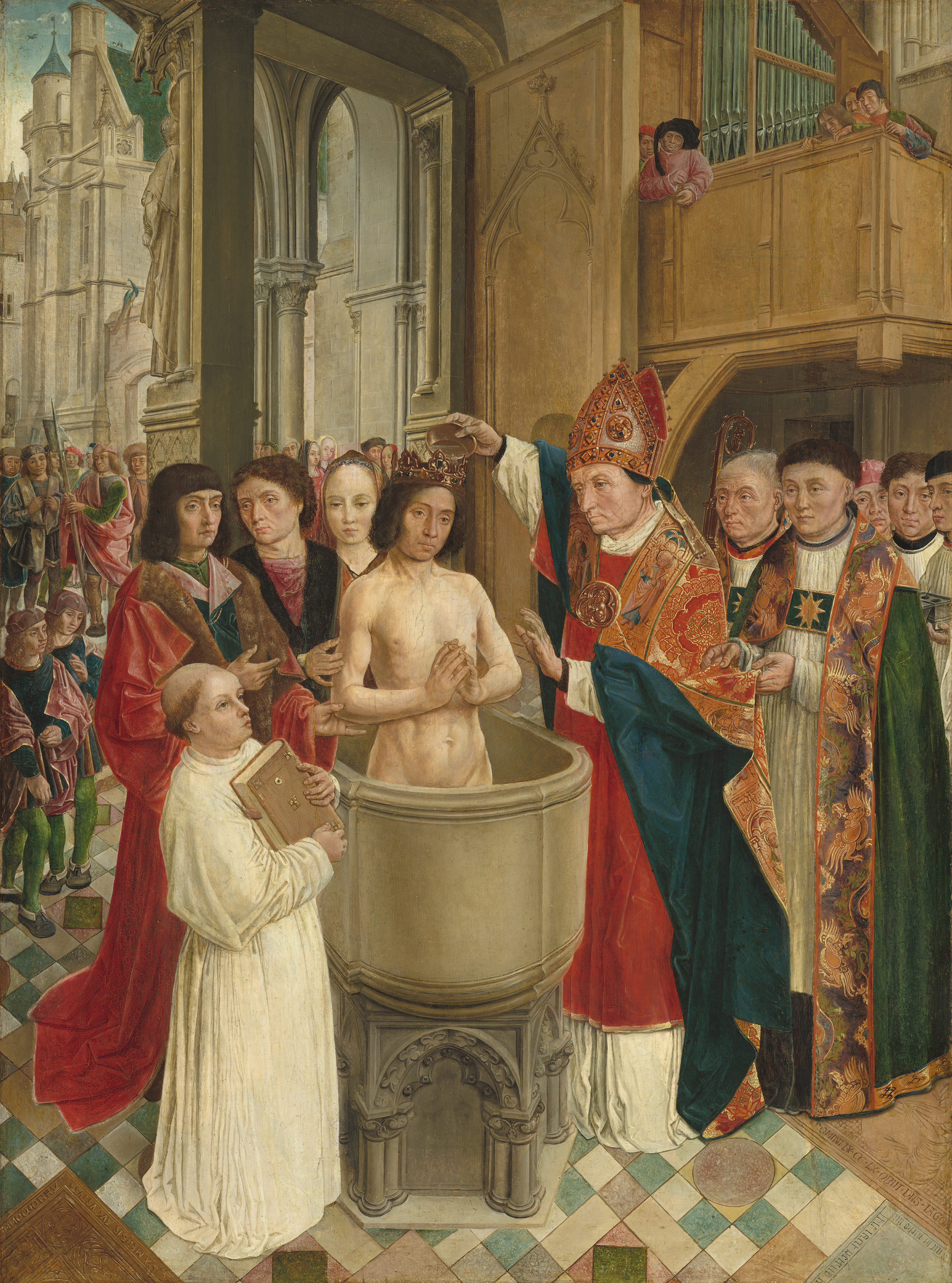 Gustave Caillebotte,
Gustave Caillebotte,
Boatman in a Top Hat, 1877-78.
Private Collection.It is autumn when life seems bittersweet. I am in something of an elegiac mood (as you have seen lately). A poem from a great parting:
A Poem for Memito
That I Might Grieve
In the rare still moment when I do not flee the
Savage ripping of heart’s flesh, sign of grief,
Here in a midnight moment that Sonnet from the Portuguese
Assails my bastion of busyness, my need to numb.
Love, how I miss the quiet tenderness we shared, the
Lively wit that brightened discourse, and wove the
Bittersweet moments of our lives into shared story!
Useless to deny the loss, or how I miss the wonderfulness
That sparkles in the complexity of you, dear heart.
Looking in at your new world, our shared home, from the
Outside, I find each new configuration a reminder—my
View has changed, this is not my home. You first found that
Encouraging, but I wanted to scream, “Dammit, I speak of my pain!
There is, for me, a vast emptiness no foggy shroud can
Hide; the house has become for me a shell, and this
Especially when you are not there. Yet I am glad that it
Embraces and expresses you. I’ll claim the trees!
Bill, it is no wonder people shake their heads with amazement
Each time they utter, “Twenty-four years.” We journeyed long
Together, yet how brief, how brief! Sometimes it seems
To collapse into a moment, I hardly seem to have met you.
Easy to admit I flee the pain, we all know it. Today, tonight,
Reaching for life I face this death. I walk, with new friends or
Alone in the fresh air and sunshine, feeling the bay’s breeze,
Facing the fact that I must grieve, I stopped all other activities
To think about loss, about you, to read and write some poetry.
Elizabeth Barrett Browning was not the first in the Norton Anthology,
Rather the one where I was forced to pause. You used her lines to
Describe your feelings, for me I know and I suspect for someone new.
“Everyday’s most quiet need” sums up so much of all your heart
Aspires to, and mine. We are so alike and so different! In
Truth I do believe my love for you shall grow, even now in
Heart-sore moments, bearing fruit in eternity. I miss you. Be well!
July 9, 2002(c) 2002 by PES
The poem above does not represent my current mood. It is a visitation and a remembrance.
I am happy to report that the friendship of those years together has survived, the love remained constant, and we continue to take joy and comfort in each other's company. It is better that we live apart but we do not live estranged. Thanks be to God, for we are blessed beyond measure.--the BB







